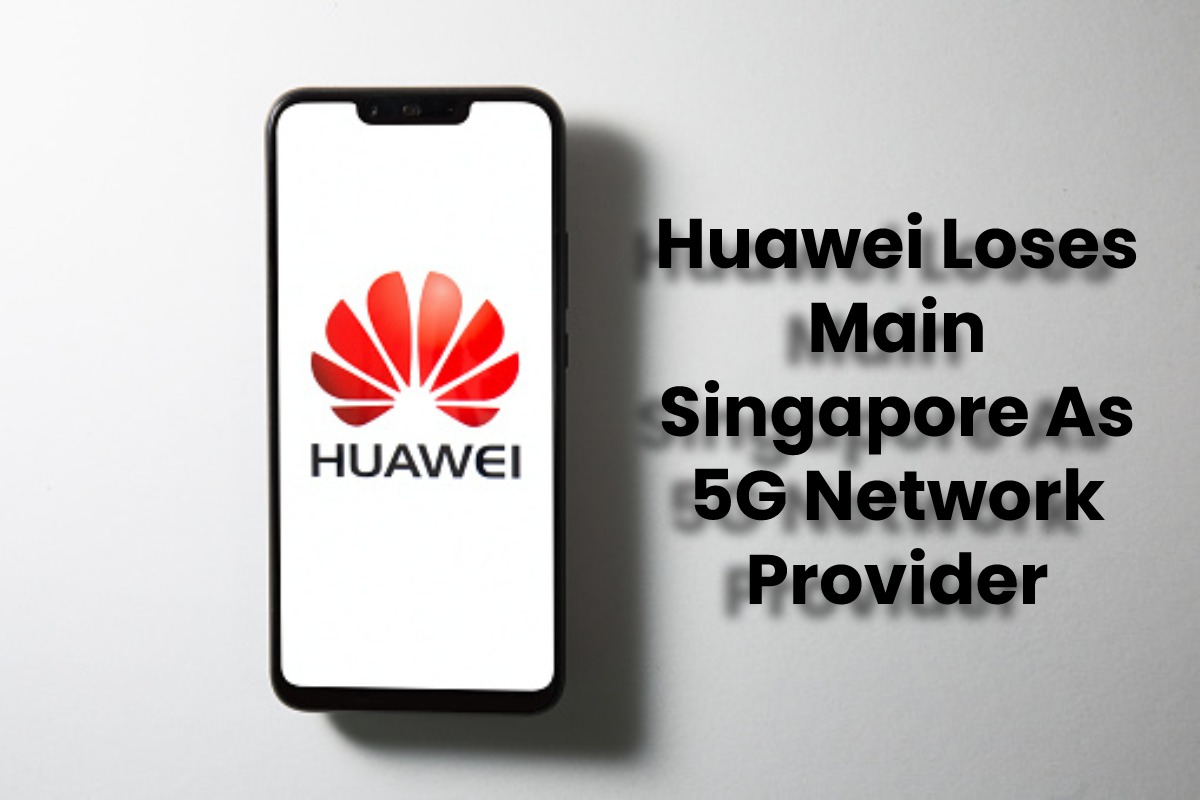Nokia and Ericsson have been choosing as Singapore’s top 5G network providers. Telecoms operators said, leaving Huawei with a lesser role as the Chinese tech giant faces mounting U.S. pressure.
Huawei has hunt by accusations of stealing American trade secrets and aiding China’s spying efforts. Therefore, With Washington pressuring countries to prevent the company from engaging in its next-generation networks.
Huawei has Denied Ties to the Chinese Government.
Singtel, one of the city-state’s main telecom operators, said on Wednesday that it had chosen Ericsson of Sweden to build its 5G network after the Government gave final approval.
A joint venture that includes the country’s other two main telecoms operators, M1 and StarHub, announces that it had opts for Nokia to build its core 5G infrastructure.
However, both M1 and Starhub said that other companies, including Huawei, may have some stake in the project.
However, “There is a diversity of providers participating in different parts of the 5G ecosystem, and … there are prospects for greater participation in our 5G system in the future.”
Iswaran said investments in 5G will reach “billions of dollars.”
Knowing your Provider
Singapore aims to have ultra-high-speed Internet coverage for half the country by the end of 2022. And expand it to cover the entire island by the end of 2025.
The United States government launch a global campaign against Huawei. However, the world’s largest telecommunications network equipment. And the world’s number two maker of smartphones, about 18 months ago.
The Story Continues
Washington ban Huawei from the U.S. market last year. However, earlier this month, it allows the company to return to the fold when it comes to companies working together to set standards for 5G networks.
The Pentagon has releases the military backs a list of 20 Chinese companies that it says. In the last instance of an economic fight battle between Washington and Beijing, and Bloomberg reports that Huawei is one of them.
However, “As the People’s Republic of China tries to blur the lines between the civilian and military sectors, ‘knowing your provider’ is critical,” Pentagon spokesman Jonathan Rath Hoffman said in Washington.
Most importantly, The list covers firms “owned, control or affiliate with China’s government, military or defense industry,” Hoffman said.
“We envision that this list will be a useful tool for the U.S. government, companies, investors, academic institutions. And relates with partners to carry out due diligence regarding partnerships with these entities.”
Huawei did not immediately respond in posting the list.

